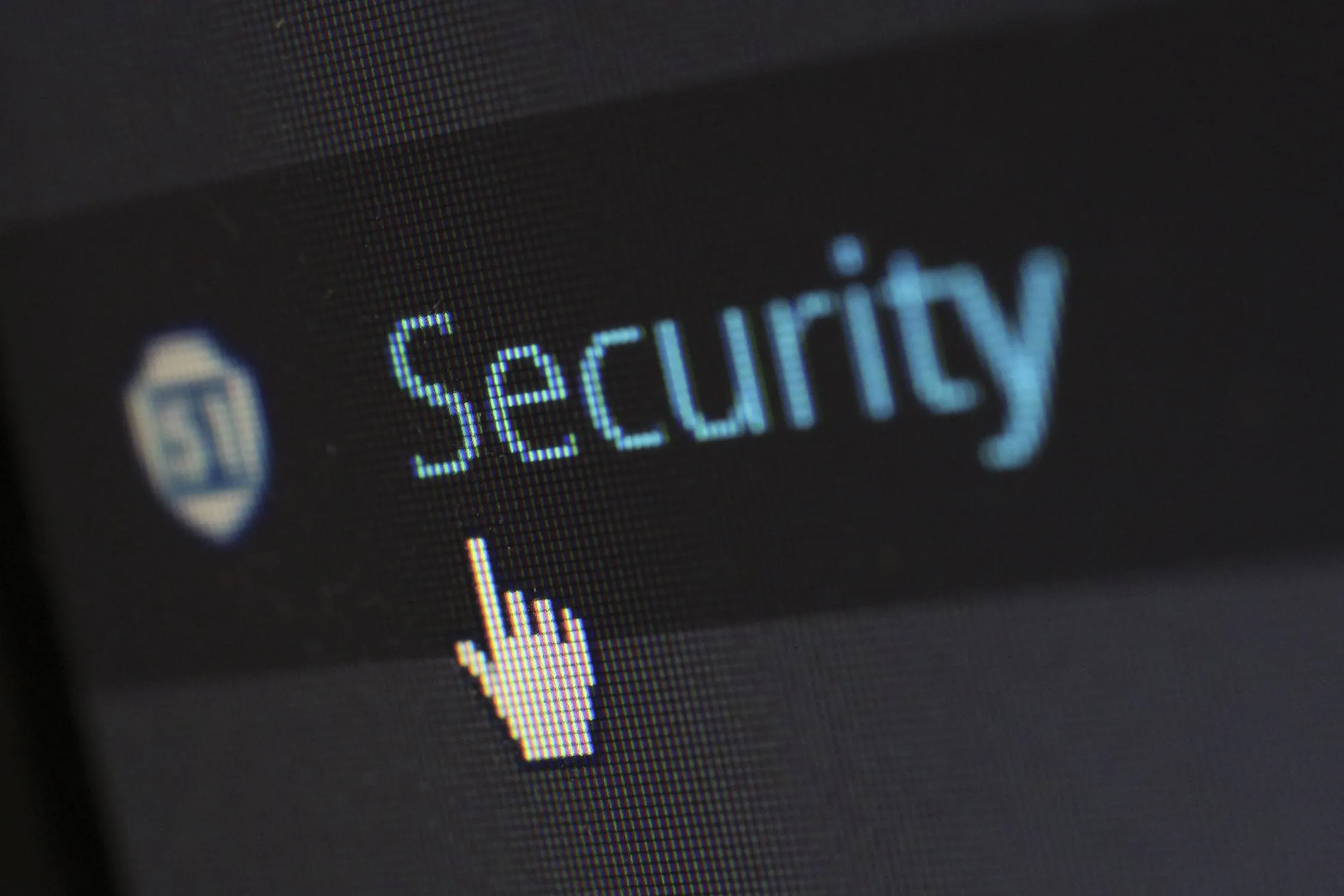Understanding Cyber Security Myths
So much of what you hear about hacking and cyber security just isn’t true. With news stories about data breaches and Hollywood movies on cyber crime, it’s easy to get confused. You might think hackers only target big companies. Or you might believe strong passwords alone keep you safe. These are just two of the many myths out there. Let’s break down what’s real and what’s not in the world of cyber security and hacking.
What Is Hacking—And Who Are Hackers?
Hacking means gaining unauthorized access to computers or networks. But it’s not always criminal. Ethical hackers, also known as white hat hackers, work to protect systems from threats. They test for vulnerabilities and help organizations stay safe. On the other side, black hat hackers use their skills for illegal activities. Sometimes, you’ll hear about “gray hat” hackers, who fall somewhere between legal and illegal work.
Understanding these differences is vital for anyone interested in cyber security basics and hacking 101. Not every hacker fits the media’s criminal stereotype.
Top Cyber Security Myths—Debunked
- Myth: Hackers only target big companies. Small businesses and individuals are frequent targets. Attackers look for easy victims, regardless of size.
- Myth: Antivirus software is enough. Antivirus is only one layer of protection. Phishing, social engineering, and unpatched vulnerabilities can bypass it.
- Myth: All cyber attacks use advanced techniques. Most attacks use simple methods, like weak or stolen passwords, or phishing emails.
- Myth: Strong passwords are all you need. Passwords can be compromised. Multi-factor authentication (MFA) adds an extra layer of security.
- Myth: Only tech experts can get hacked. Anyone using the internet is a potential target, no matter their skill level.
- Myth: Personal devices aren’t targeted. Smartphones and tablets hold personal data and are common hacking targets.
Common Hacking Methods You Should Know
Cyber criminals use many techniques. Recognizing these can help you avoid falling victim to attacks.
- Phishing: Fake emails or websites trick you into sharing information or installing malware.
- Social Engineering: Attackers manipulate people to reveal confidential information.
- Malware: Malicious software, like viruses or ransomware, damages or steals your data.
- Credential Stuffing: Stolen usernames and passwords are used to access multiple accounts.
- Man-in-the-Middle Attacks: Hackers intercept communication between you and another party.
Most breaches result from human mistakes—such as clicking a malicious link or reusing passwords. Staying cautious and informed is your best defense against common cyber attacks.
Security Is Everyone’s Responsibility
Many believe only IT professionals need to worry about cyber security. This is another myth. Anyone with an email, social media account, or online banking access is at risk. You can protect yourself and your organization by learning safe habits and understanding cyber threats.
Here are key steps to reduce your risk:
- Use strong, unique passwords for each account.
- Enable multi-factor authentication whenever possible.
- Be skeptical of unsolicited emails and links.
- Keep software and operating systems updated.
- Back up important data regularly.
- Educate yourself on evolving cyber security tactics.
Why Cyber Security Basics Matter for Everyone
Relying on myths or incomplete advice puts your personal and financial information at risk. You don’t have to be a tech expert to take basic cyber security steps. Start with simple actions, like updating passwords or being careful online. Encourage family, coworkers, and friends to do the same.
Remember, hackers continue to evolve their tactics. Stay aware and question what you see online. Knowledge is your strongest digital defense.
Frequently Asked Questions
What is the most common way hackers attack individuals?
Phishing emails are the most common method. Attackers trick people into clicking malicious links or sharing personal information.
Can antivirus software stop all cyber attacks?
No. Antivirus helps, but it cannot block phishing, social engineering, or certain new threats. Use multiple layers of security.
Are small businesses safe from hacking?
No. Small businesses are often targeted because they may have weaker defenses and valuable data.
Is using strong passwords enough to stay secure online?
No. Strong passwords help, but you should also enable multi-factor authentication and stay alert for scams.
Who is responsible for cyber security?
Everyone is responsible. Both individuals and organizations must take steps to protect data and devices.
















.svg)



